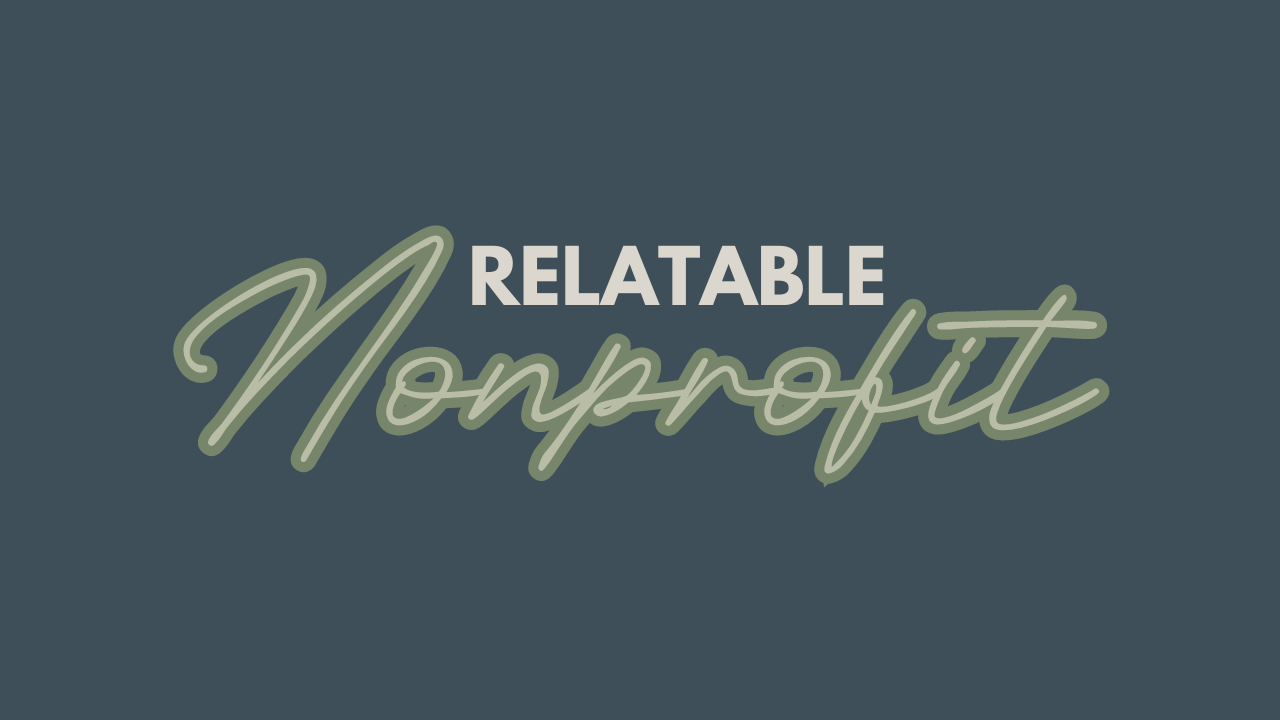What Legal and Financial Steps Do I Need to Take to Start My Nonprofit Consulting Business?
Mar 03, 2025
How to Start a Nonprofit Consulting Business: 10 Essential Steps
Starting a nonprofit consulting business can be a rewarding way to help mission-driven organizations thrive while building a flexible career. However, launching your business requires a solid understanding of legal and financial responsibilities. Questions like whether to register an LLC, how to handle taxes, and whether you need specific licenses or insurance often come up. Let’s explore the essential steps to get your nonprofit consulting business off the ground.
1. Choose a Legal Structure
The first step in starting your consulting business is selecting a legal structure. Common options include:
- Sole Proprietorship: A simple option for solo consultants. However, it doesn’t separate your personal and business assets, which means you’re personally liable for debts.
- LLC (Limited Liability Company): This is the most popular choice for consultants. It provides personal liability protection and offers tax flexibility.
- Corporation: More complex and better suited for those planning to scale their consulting business or secure investors.
Pro Tip: If you’re unsure, consult a small business attorney or accountant to choose the best structure for your business.
2. Register Your Business
After deciding on a legal structure, you’ll need to register your business. Steps include:
- Choose a Business Name: Ensure the name is unique and reflects your niche, such as "Devine & Parker Nonprofit Consulting." Verify availability through your state’s business registry.
- Register with the State: File Articles of Organization (LLC) or Incorporation (Corporation) with your state.
- Get an EIN (Employer Identification Number): Obtain this free number from the IRS to file taxes and open a business bank account.
3. Understand Tax Obligations
Taxes can be complex, especially for consultants. Key considerations include:
- Self-Employment Taxes: As a consultant, you’ll pay self-employment tax (Social Security and Medicare) in addition to income tax.
- Quarterly Taxes: Most independent consultants must pay estimated quarterly taxes. Work with a CPA to calculate your payments.
- State and Local Taxes: Some states have additional requirements, such as sales or professional service taxes. Research your state’s rules.
Pro Tip: Use accounting software like QuickBooks or Xero to stay organized, and consider hiring a tax professional to ensure compliance and maximize deductions.
4. Secure the Necessary Licenses
While consulting doesn’t always require licenses, some regions or circumstances might. Common requirements include:
- Business License: Many states or municipalities require a general business license.
- Professional Licenses: If your consulting involves specialized fields, such as financial or HR consulting, check for applicable certifications or licenses.
- Home-Based Business Permit: If you’re working from home, verify zoning laws and obtain permits if necessary.
Research your local and state regulations to avoid surprises.
5. Get the Right Insurance
Insurance is vital to protect your consulting business. Key types include:
- Professional Liability Insurance (Errors and Omissions): Essential for consultants, this covers claims of negligence or mistakes in your services.
- General Liability Insurance: Protects against claims of property damage or bodily injury.
- Cyber Liability Insurance: If you handle client data, this insurance protects against breaches or cyberattacks.
Speak to an insurance broker to ensure your coverage fits your business model.
6. Open a Business Bank Account
Separating personal and business finances is crucial. Open a business checking account and, if necessary, a savings account for taxes. A business credit card can also help manage expenses and build credit for your business.
7. Set Your Rates and Services
Before officially launching, define your niche and pricing model. Questions to consider:
- What Services Will You Offer? For example, strategic planning, grant writing, or leadership coaching.
- How Will You Charge? Options include hourly rates, project-based fees, or retainer agreements.
- What’s Your Pricing Strategy? Research competitors and align your rates with your experience and market demand.
Pro Tip: Start with a pricing guide and be ready to adjust as you gain clients and experience.
8. Develop a Financial Plan
A financial plan is critical for a consulting business. Include:
- Startup Costs: Factor in website design, marketing, insurance, and software.
- Monthly Expenses: Include tools, travel, and administrative costs.
- Cash Flow Management: Track when invoices are sent and payments are due. Late payments can affect your ability to cover expenses.
9. Build a Marketing and Networking Strategy
To grow your consulting business, focus on visibility and connections:
- Create a Professional Website: Showcase your expertise, services, testimonials, and contact information.
- Leverage LinkedIn: Share insights, engage with nonprofit leaders, and build credibility.
- Attend Networking Events: Join nonprofit associations, attend conferences, and connect with potential clients.
Pro Tip: Offer a free resource, like a guide or checklist, to build your email list and nurture leads.
10. Know When to Ask for Help
Running a consulting business involves wearing many hats. Don’t hesitate to seek support:
- Accountants: For tax and financial planning.
- Lawyers: For contracts and legal compliance.
- Business Coaches: For strategic guidance and scaling your business.
Final Thoughts
Starting a nonprofit consulting business involves more than just expertise—it requires thoughtful planning and execution. By registering an LLC, understanding tax obligations, securing licenses, and protecting yourself with insurance, you’ll set a strong foundation for your business. With a clear financial plan and a focused marketing strategy, you’ll be well on your way to making an impact.

